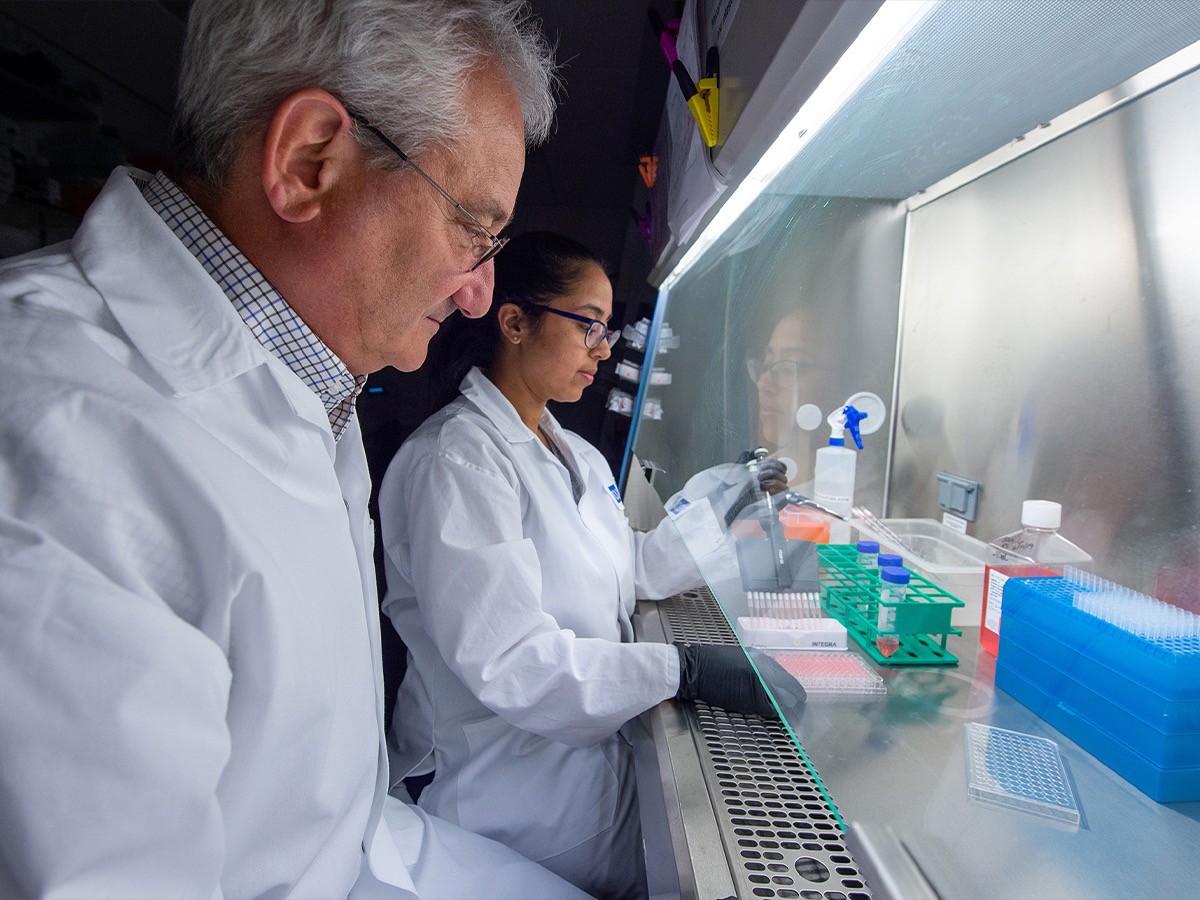The UK’s regulator, the Medicines and Healthcare Products Regulatory Agency (MHRA), will fast-track COVID-19 variant vaccines.
The MHRA believes that these modifications do not compromise base level safety or effectiveness. The regulators partnered with Australia, Canada, Singapore and Switzerland to produce a robust and efficient process that ensures the modified vaccine’s rollout against emerging variants.
In a statement released early this morning, the regulatory issued guidance that will reduce time taken for the new vaccines to be ready for use. The MHRA Chief Scientific Officer, Dr. Christian Schneider states:
‘Our priority is to get effective vaccines to the public in as short a time as possible, without compromising on safety. Should any modifications to authorised COVID-19 vaccines be necessary, this regulatory approach should help to do just that’
What will the new process look like?
In terms of regulatory process, the approach will be similar to those for modified flu vaccines that are adapted to counteract annual strains. They do not typically require new brand new approval.
Vaccine manufacturers will need to provide robust evidence that the modified vaccine produces an immune response, but time-consuming clinical trials will not be needed.
Instead, a small trial will be used to assess the main adverse effects which could take a few weeks rather than months. Once the new version of the vaccine enters the market, the MHRA could approve it in ‘a very efficient manner’, according to the agency’s chief.
Partnership with UK Manufacturers
The new plans are in line with those mentioned in an MHRA board meeting last month. Executives from the regulatory body stated that the threat posed by the variants required precise and speedy decision making. The European Medicines Agency, the European Union’s drugs regulator, has also issued guidance on fast-tracking vaccine modifications for variants in light of their emerging danger.
As such, AstraZeneca and the University of Oxford are now working to produce their own modified vaccines in order to counter the variants. Additionally, the UK announced a pact with CureVac to tackle the new strains. The company uses Artificial Intelligence to predict future mutations and generate new vaccines in response.
Response from the EU and the USA
The healthcare communities in Europe and America view this fast track with scepticism.
They have questioned the UK’s decision making in approving a fast track for modified versions of the COVID-19 vaccines,. They suggest that longer and more thorough regulatory processes is needed in order to properly scrutinise trial data. The EU and the USA worry that the lack of testing will cripple public confidence and therefore prevent the successful administration of the COVID-19 jab.
Jens Spahn, Germany’s health minister is particularly critical of the UK’s decision making. He argues that Germany could have made the same decision, but chose not to out of prudency.
‘We could have chosen that way too, but we consciously decided against it. The EMA approval process, expected to be completed by the end of the month, was a more comprehensive on and was necessary to strengthen citizens’ confidence in the vaccine’
The US’s Anthony Fauci adds that the FDA ‘really scrutinises the data very carefully to guarantee the American public that it is a safe and efficacious vaccine’:
‘I think if we did any less, we would add to the already existing hesitancy on the part of many people because … they’re concerned that we went too quickly’
The COVID-19 Variants
The surging presence of the South Africa and Brazil P1 variants in the UK cause substantial concern for medical communities.
The latter was first identified in the Brazilian city Manaus. A study released this week shows that between 25% – 61% of people previously diagnosed with COVID-19 were susceptible to reinfection because of this variant. So fa, six cases of the P1 variants have been found in the UK and in Scotland.
Another study published by the UK’s leading centre on genetic testing from Imperial College London suggests that the P1 variant most likely emerged in November. Due to its potency, it most likely dominated and spread quickly, causing the rate of reinfection to rise.
Their data is preliminary, but it highly suggests that some of the newer COVID variants will be more infectious than those we see now. It is also possible that they will evade the immunity populations have built against them.
Recommended for you

What Does the Tory Leadership Battle Mean for the NHS?
As Truss and Sunak compete to become the new PM, one key topic is forming a noticeably small part of the Tory leadership debates.

Drug Decriminalisation: Could the UK Follow Portugal?
Portugal’s drug decriminalisation has reduced drug deaths and made people feel safe seeking support. Would the UK ever follow suit?
Trending

Drug Decriminalisation: Could the UK Follow Portugal?
Portugal’s drug decriminalisation has reduced drug deaths and made people feel safe seeking support. Would the UK ever follow suit?

Calling All Unvaccinated UK Adults
With Covid cases rising, the NHS is urging the 3 million UK adults who remain unvaccinated to come forward.





